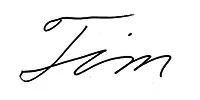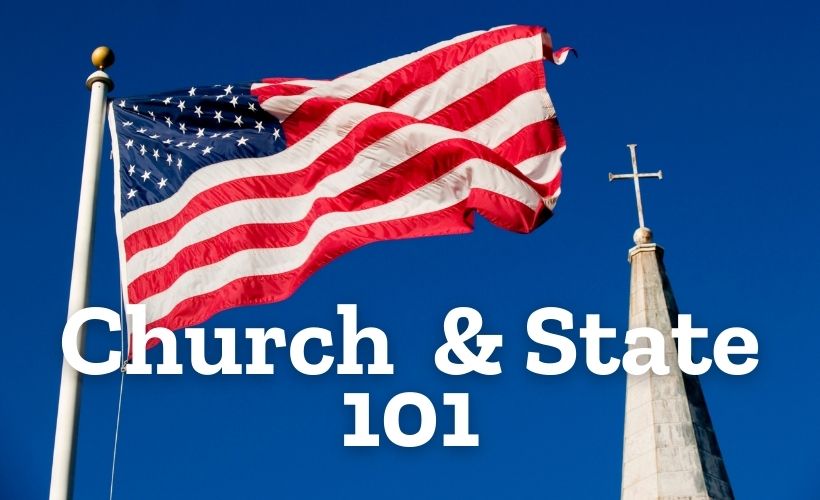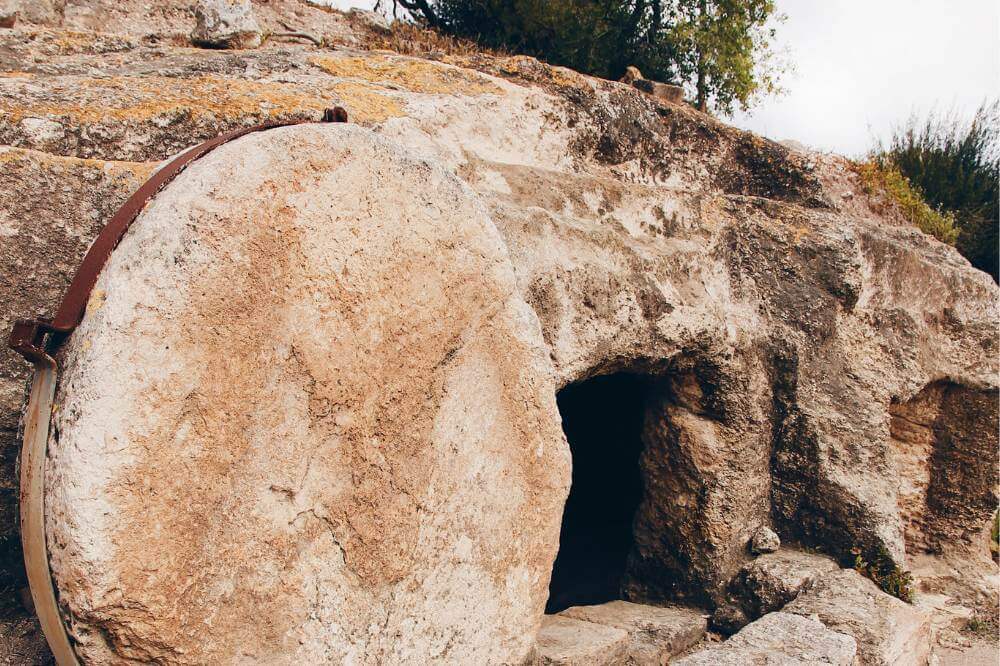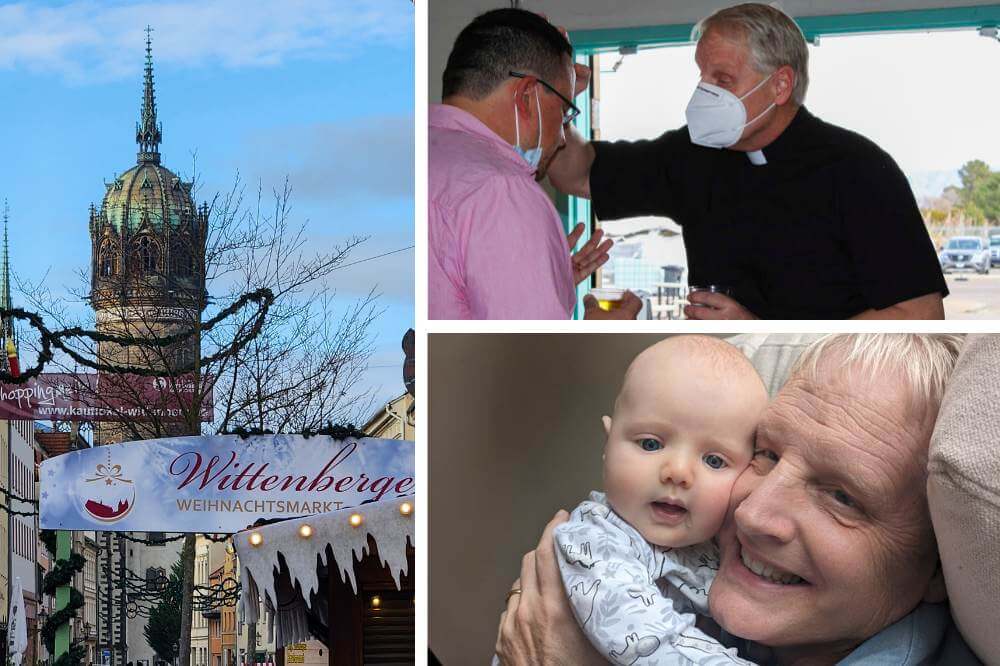A month from now, the 2020 election will be over. As with every election before and yet to come, some will be satisfied, and some will be disappointed. Truthfully, with the extreme polarization that marks our day, some will be ecstatic, and some will be devastated. So it goes in the democratic election process.
Part of what I observe across the spectrum from extreme left to extreme right is that we’re losing the middle. Losing sublety and nuance. Losing the possibility that there can be such things as moderates, as compromise, as working together for the sake of the common good of the country rather than a slash-and-burn, winner-takes-all, fight to the death. Sometimes it seems dismissal of the “other side” is more important than passion and plans for governing. There may be no platform at all other than destruction of “those others” of whom we must be very afraid and with whom we must be thoroughly disgusted.
I know this world personally all too well. Make people afraid. Discredit “the other.” Convince folks that in order for me to be right, you must be wrong, in order for me to be saved you must be damned, in order for me to live, you must die. That’s religious fundamentalism. And, in my opinion, and drawing from the same playbook, the false dichotomies and extremes in the political realm today draw those all-or-nothing lines. The left and the right seem to me both to be succumbing to this being the only way it can be. Conciliation is seen on either side as weakness or complicity with the enemy. Like our children fighting in the backseat on a long trip years ago, it’s eye for an eye, always waiting to pounce, discredit, and destroy, even justifying preemptive strikes with “But he was going to hit me!”
I spent many hours pleading with those bickering children and inviting one if not both to break the endless cycle. Like the quote attributed to Mahatma Gandhi, “An eye for an eye will only make the whole world blind.” Someone has to be the bigger person and not insist on winning at any cost. Democracy depends on some sense of civility, of trust that the people will choose rightly or at least that even if they don’t, there will be other votes. Our founders weren’t sure we were capable of it and often referred to it as an “experiment.” The jury is still out.
“Separation of Church and State.” “Religion and politics don’t mix. It’s unconstitutional.” These are phrases I (and virtually any preacher) hear often in these troubled times. In fact, the Bill of Rights in 1791 states that “Congress shall make no law respecting an establishment of religion or prohibiting the free exercise thereof.” In the 1966 the LCA adopted a Church and State Social Statement that described the relationship between church and government as “institutional separation and functional interaction.”
Our Christian convictions are formed by our faith in Jesus, and those convictions inform how we functionally interact in governmental matters as a part of our baptismal vocation in the world. In our Affirmation of Baptism service, we each vow to “strive for justice and peace in all the earth.” Jesus makes it clear (Luke 10, Parable of the Good Samaritan) that our neighbor is anyone in need, and in Matthew 25, Jesus insists that as we serve “the least of these,” we serve him. Christian functional political interaction, then, is a deliberation and pursuit of love of neighbor. The one thing, it seems to me, Christian political engagement must not be about is pursuing ultimate self-interest. Such curved-in-on-selfness for Lutherans is the essence of sin.
At the August 2019 Churchwide Assembly, the ELCA commissioned a new Social Statement on Church and Civic/Political Engagement. Such statements generally take 6 years. Since the question seemed more urgent than that, concurrently the ELCA commissioned a “social message” on the same topic. In June this year the ELCA Church Council adopted “Government and Civic Engagement in the United States: Discipleship in a Democracy.” You can find that document (in English and Spanish) along with a study guide and leader guide on the ELCA website. Also, the October issue of Living Lutheran (available online as well as in print) has a synopsis of this issue as its cover story, titled “Discipleship in a Democracy.” I encourage you to read and study it, and—regardless of your political affiliations and leanings or lack thereof—that you ponder anew how, through interaction with government and politics, we might best advocate for and serve our neighbor.
Walking with you,





